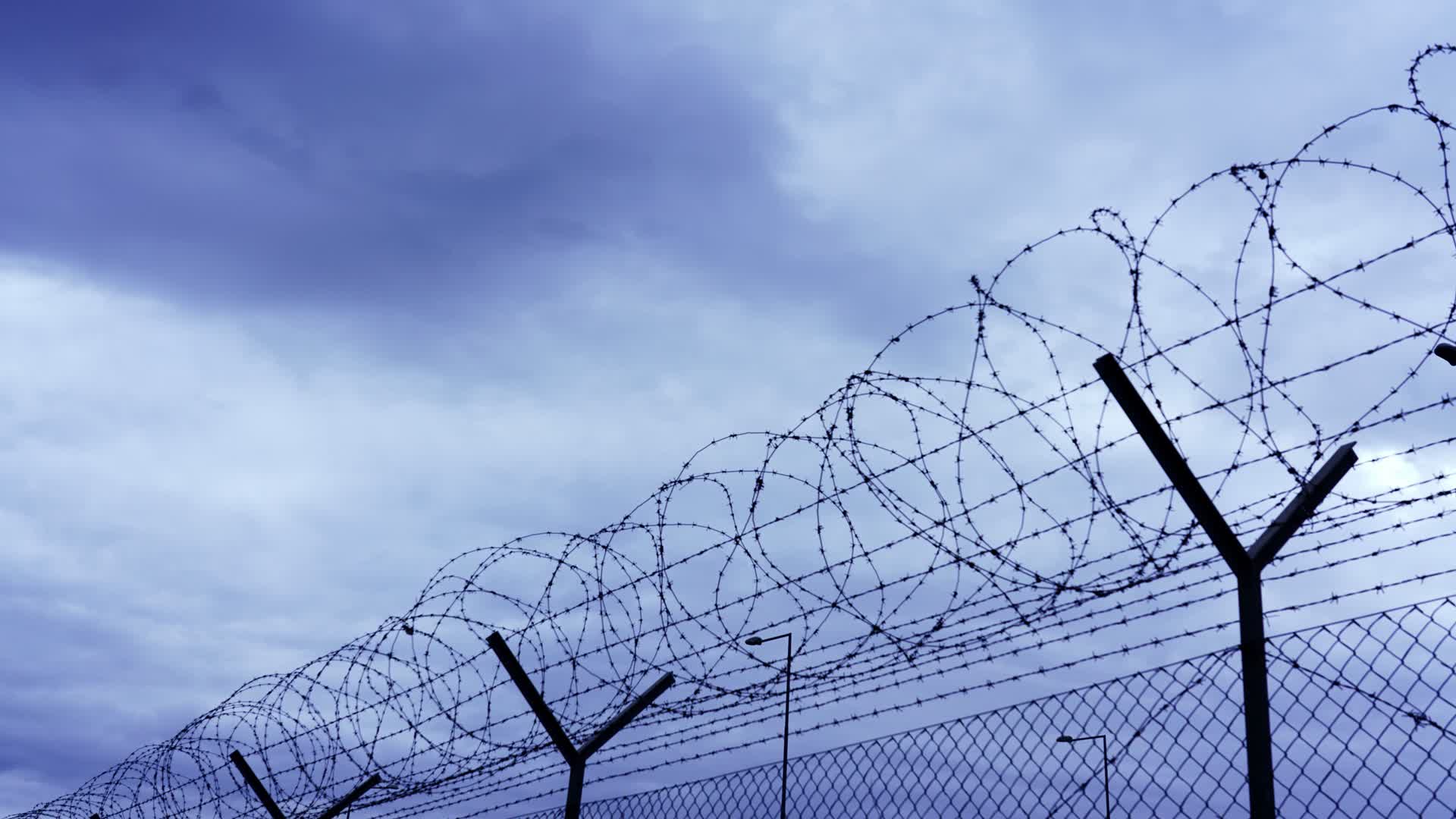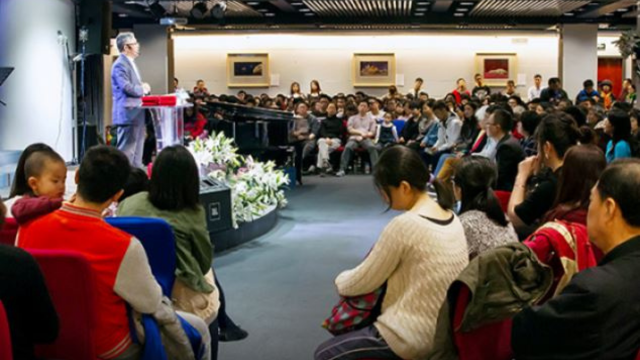It is not only to prevent “dissidents” from escaping China, or Chinese to go gambling in Myanmar. It is also a barrier against Christianity.
by Massimo Introvigne

While building walls is generally criticized as a bad idea by the world’s top moral authorities, including Pope Francis, we hear less criticism about the “Great Southern Wall” China is building to seal its 2,129-km., or 1,323-miles long, border with Myanmar. The wall, when completed (in October 2022, China says), will run from the three-border area between India, Myanmar, and China in the north to another triple border involving Myanmar, China, and Laos, in the south. It will separate the Chinese province of Yunnan from two states of Myanmar, Kachin in the north and Shan in the south.
Or will it? In fact, much of the border area is not really controlled by the Myanmar government. It is ruled by ethno-political insurgent armies such as the National Democratic Alliance Army (NDAA) and the United Wa State Army (UWSA), in different parts of the Shan state, and the Kachin Independence Army (KIA) in Kachin. These organizations administer what are de facto self-governed states. They have in common three essential features. Their ideology is Communist. They have strong ties with China. And they have a not less important partnership with local and international organized crime, as the region serves as a key hub for smuggling drugs, jade, endangered wildlife whose trade is forbidden, and human beings, i.e., girls destined to become prostitutes or “slave wives” in China.
Why is China building the wall? Its official explanation is that it wants to prevent illegal immigration from Myanmar to China. The prevailing explanation in the U.S. is that it wants to prevent dissidents from escaping China through the border with Myanmar. Both explanations are partially true—but only partially.
China is not lying when it says it has a problem with Myanmar citizens trying to enter China. They are mostly refugees, fleeing the civil war. Contrary to international conventions on refugees, China had deported most of them back to Myanmar. The wall may prevent further embarrassment, leaving the potential asylum seekers where they are.
Claiming that “dissidents” also escape from China to Myanmar is not “American propaganda.” Bitter Winter has learned of persecuted Christians and members of other religions who took advantage of the porous border and went to Myanmar. There have been even Uyghurs who managed to go to Yunnan and then escape to Myanmar, and North Koreans who escaped to China and then to Myanmar by the same way. Of course, they end up in regions controlled by pro-Chinese guerrillas, who may harass them or return them back to China. But they believe that control is somewhat less tight there than in China proper.
There are other reasons for the wall, too. A contingent one is to control COVID-19, which could come back to China from Myanmar. Another is to prevent young Chinese from going to the border areas to take advantage of the local flourishing gambling houses and brothels.
However, there is another, hidden motivation for the wall, which was disclosed in an article published on November 27, 2020 on Toutiao, a news platform operated by ByteDance, the company owning the social networks TikTok and Douyin. Toutiao is a strongly nationalistic and pro-CCP website. Some may dismiss the article as an individual opinion, but nothing that is not approved by the CCP would remain on Toutiao for long, and the text stayed and kept receiving favorable comments.
The article focuses on the Kachin, and argues that theirs is what a sociologist would call an “invented tradition,” created by American missionaries. Without the Americans, the author says, there would be no Kachin, just Chinese of the Jingpo ethnic group who happen to live in Myanmar. American missionaries, the text claims, gave to Kachin their language, their identity, and even their name.
The U.S. reaped dividends when the Kachin fought with the Americans against the Japanese in World War II, the article explains. While this is true, the following claims, that the Kachin Independence Army (KIA) was created by Christians unhappy with Buddhism as Myanmar’s state religion, and that it is controlled by the CIA, is false. Several KIA key leaders are Communist, with strong ties with China, although one should also consider that KIA has different wings and that espionage and the work of different intelligent agencies has been a feature of the area for decades.
The ideological thesis of the article is that the U.S.—and “the Vatican”—are manipulating the Kachin to create an independent Kachin Christian State, and to export non-CCP-controlled Christianity into China. The wall is needed to prevent the smuggling of Christianity, not opium, jade, and prostitutes only.
This is certainly not the only explanation for the wall, but it is a factor. CCP paranoia about independent Christianity should never be underestimated. In the Shan State, the United Wa State Army, which has close ideological and military ties with Beijing, has repeatedly expelled Protestant and Catholic priests and lay teachers from the area it controls, accusing them of being “American agents.” Local Christians have confirmed to Bitter Winter that even worshiping in their homes is becoming dangerous, and that anti-Christian pamphlets written in typical CCP jargon have appeared in the area.
Source: Bitter Winter












